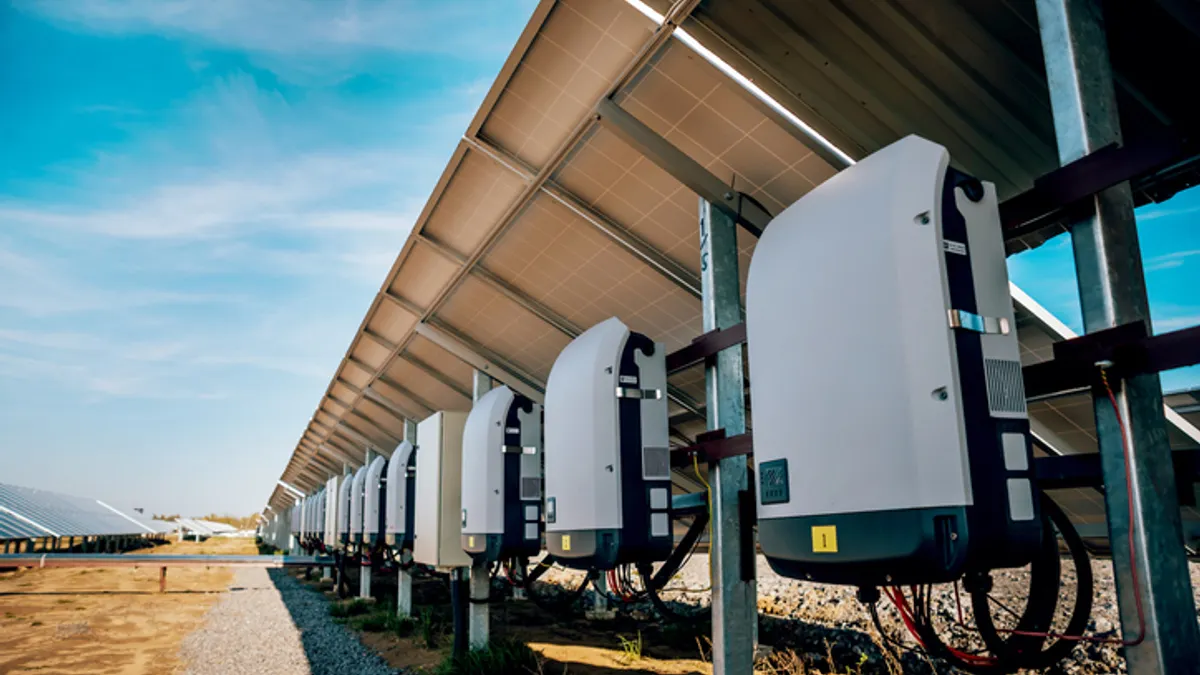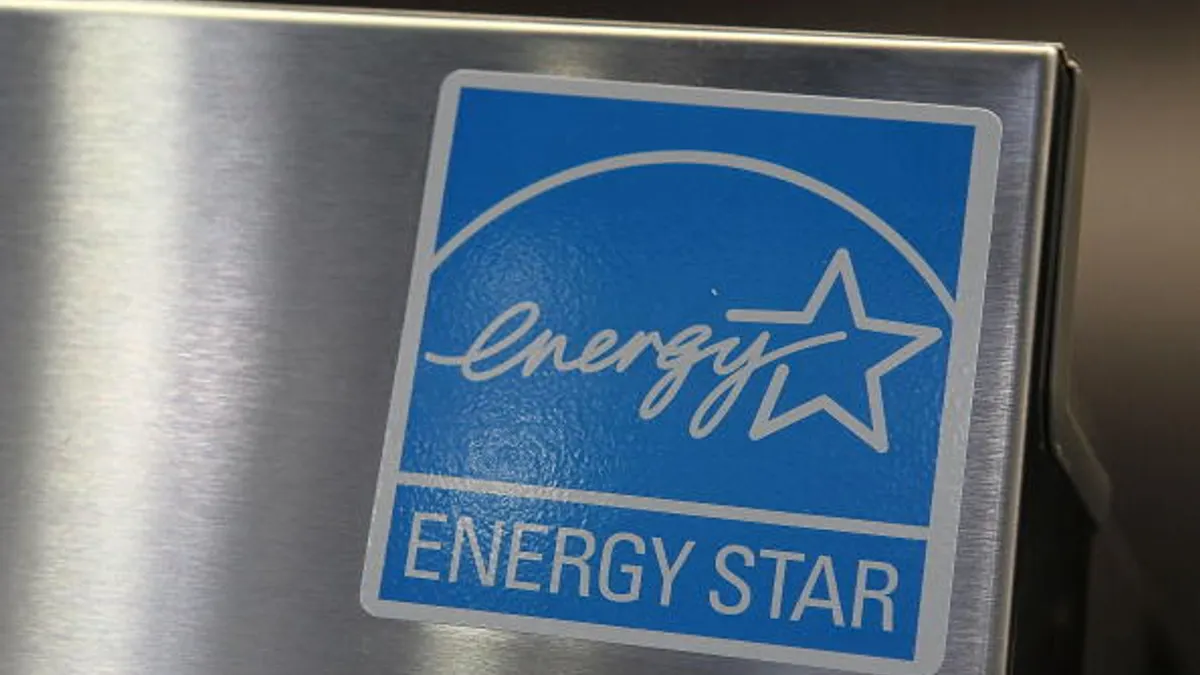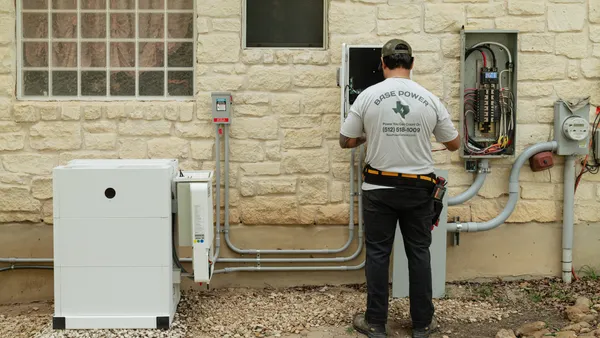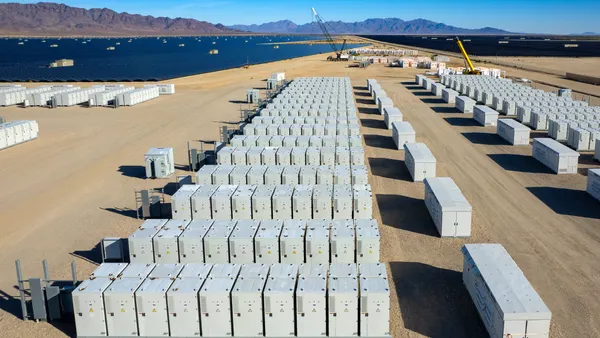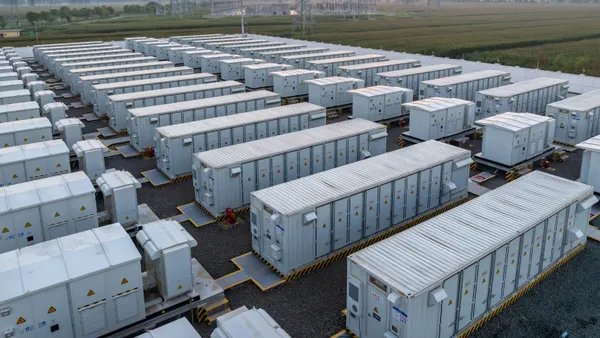Dive Brief:
-
The California State University (CSU) system and Advanced Microgrid Systems (AMS) are teaming up to install 2 MW (12 MWh) of Tesla energy storage batteries designed to reduce peak energy costs and provide critical support to the electric grid in the Aliso Canyon area where a huge methane leak discovered late last year is threatening electricity supplies.
-
In the initial phase of the project, AMS will oversee the design, installation and operation of a 1 MW (6 MWh) energy storage system at the CSU’s Long Beach campus, as well as two behind-the-meter energy storage systems at the CSU’s Office of the Chancellor and Dominguez Hills campus. The AMS projects will use Tesla Powerpack batteries.
-
AMS plans to break ground at CSU Long Beach this summer with an expected completion date of October 2016. Construction at the Office of the Chancellor is anticipated to begin in early 2017 and be completed by mid-2017.
Dive Insight:
Utility-scale energy storage currently dominates that market, but the behind-the-meter (BTM) sector is expected to eclipse large scale storage around 2020.
The strongest BTM market is California, where favorable policies and the shutdown of conventional generation resources – such as the San Onofre and Diablo Canyon nuclear plants — puts a greater value on storage.
One segment of that storage market is in public buildings, such as schools and universities, and California’s state university system is the largest public four-year university system in the nation.
To tap that market, AMS is offering a financial performance guarantee through is Hybrid Electric Buildings program. The company uses Tesla Powerpack commercial batteries to store energy during non-peak hours so that it can be discharged to offset power use during higher priced peak demand periods.
That need is particularly urgent in the Aliso Canyon region, where the nation's worst-ever methane leak has shut down a major gas storage facility, potentially threatening supplies to gas-fired power plants in the region. This spring, California regulators approved extra demand response and an expedited storage procurement for Southern California Edison to compensate for potential shortages, along with a slew of other mitigation actions.
“We are proud to work with [CSU] and provide Southern California Edison with critical capacity during this time of emergency,” AMS CEO Susan Kennedy said in a statement.



